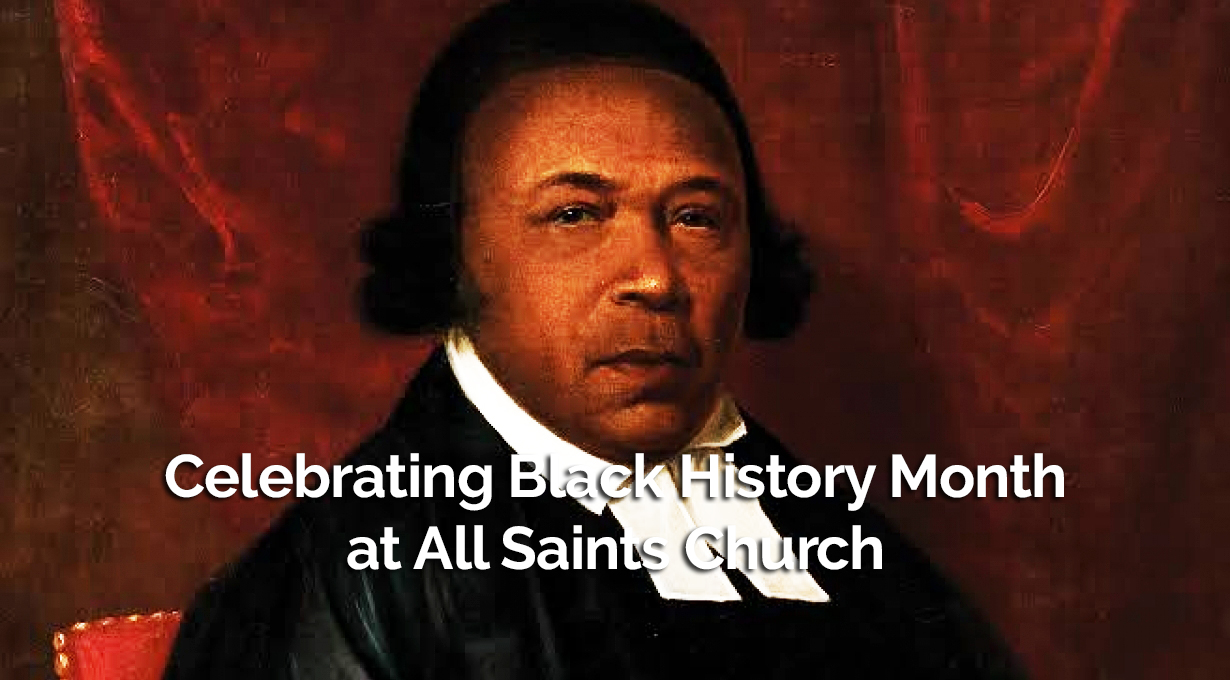“Let me be clear, acceptance is not resignation. Acceptance is the awareness, acknowledgement and assessment of reality. Resignation is a condition of accomodation, defeat and silence. This is what false prophets counsel, assuring us that everything is just fine.”
Sermon by Margaret Cunningham at All Saints Church, Pasadena, on Sunday, July 8, 2018.
“Whether they hear or refuse to hear, they shall know that there has been a prophet among them.”
======
How? How could they know? And how can we know when there is a prophet among us? I hate to be cynical, but are we to trust just anyone who says, “Thus says the Lord God”?
The Theological Dictionary of the Old Testament tells us that the main criterion is whether what has been predicted takes place. Well, yes, but that could take a very long time to discover, and is not especially helpful in the moment.
To begin with, prophets tell the truth, which is usually not what we want to hear. When we really, really don’t want to hear it, prophets become martyrs. They point out the logical consequences of our behavior: stiff necks and hard hearts lead to disaster. Ezekiel is called to warn the people of Israel, and Walter Brueggemann asserts, “…the central pastoral office is to make people aware.”
Prophecy, like prayer, begins with the acceptance of things as they are. “. . . when we are honest .. ., we share a sense, an overpowering sense, of the mismatch between the God … we profess . . . and the actual reality of our world.” Let me be clear. Acceptance is not resignation. Acceptance is the awareness, acknowledgement, and assessment of reality; resignation is a condition of accommodation, defeat, and silence. This is what false prophets counsel, assuring us that everything is just fine.
Prophets are humble and self-aware. Pointing to their youth, inarticulateness, or general unworthiness, they initially resist speaking for God. False prophets, in contrast, are self-aggrandizing, boastful, and bombastic.
Prophets are characteristically poets. It is said, “Those whom the ancient Israelites called ‘prophets,’ the equally ancient Greeks call ‘poets.’” Paul Ricoeur explains, “People are changed, not by ethical urging but by transformed imagination.” Prophets understand “the distinctive power of language, the capacity,” as Brueggemann puts it, “to speak in ways that evoke newness ‘fresh from the word.’”
False prophets cannot imagine and so do not desire anything beyond the status quo. In cliché and stale rhetoric, they stifle the language of newness.
Prophets are partisan. They speak to the historical moment, the concrete community, the particular situation. False prophets serve the imperial gods who “cast eternal votes for the way things are.”
Prophets tell the truth and raise our awareness—if we allow them to. Brueggemann points to Moses as “the paradigmatic prophet who evoked in Israel an alternative consciousness,” that saw the lie in empire’s false claims to authority and power. Liberation begins in the capacity to grieve because, he says, “that is the most visceral announcement that things are not right.”
Prophets speak not from anger, but from anguish, an anguish that calls out for hope—not denial, not optimism, but “a decision against despair.” False prophets preach with calculated histrionics. As more and more notice that “the United States is exhibiting the classic symptoms of an empire in decline,” they scream hysterically that the national security is threatened (not by North Korea or Russia, but by Canada, Muslims, NATO, Latino children, the European Union, and fake news).
Prophets tell the truth, urging us to let go of the old ways, which is not an easy task for anyone. The Exodus was wrenching for both the Egyptians and the Hebrews. Pharaoh was humiliated, the Egyptian gods were exposed as powerless, and the labor force vanished. The motley group of ethnicities we lump together as Hebrews escaped their familiar oppression only to find themselves in the wilderness without reliable food, water, and whatever meager comforts their captivity had afforded them.
We can and do become accustomed and then attached to just about anything. There is a joke that goes: “Have you heard about the Buddhist vacuum cleaner? Are you kidding? What on earth is a Buddhist vacuum cleaner? No attachments!” If we think about the philosophy of non-attachment at all, we usually associate it exclusively with Buddhism, which for most westerners is not the default source of guidance for everyday living. Yet for centuries, in cultures and religions throughout the world, non-attachment by various names has been at the heart of wisdom.
Ezekiel was a priest as well as a prophet, but this was an extremely rare combination. The establishment that prophets exposed was both political and religious, and priests were its functionaries. It was the rare priest whose potential prophetic vision was not clouded by attachment to the institution.
The most insidious attachments Americans have are to our illusions about ourselves and our country. In Notes on a Foreign Country: An American Abroad in a Post-American World, Suzy Hansen writes of her discomfort following the election of 2016. “Confusion over the meaning of one’s country, and over that country’s place in the world, for anyone, but especially for Americans, might be the most foundational identity crisis of all.”
National boundaries in other parts of the world have shifted frequently and often violently. Ezekiel saw the Babylonians bearing down to threaten the geographical integrity of Israel, even as her moral integrity was deteriorating under the monarchy. Like the ancient Israelites, we believe our internal and external borders to be divinely fixed, with or without a wall; but there is a measure on the November ballot to divide California into three states, and it has been predicted “that by 2080 the southwestern states of the U.S. and the northern states of Mexico will band together to form a new country.”
”Rome’s real failure in its final phase of grand strategy,” one scholar concludes, “was that it did not provide a mechanism for a graceful retreat, even as it rotted from within. . . .There [would be] nothing healthier for America than to prepare the world for its own obsolescence,” he says. Prophets show us how to” grieve the end.”
Attachment has a not so distant cousin known as addiction, which is not only about alcohol and opioids. W. H. Auden writes, ”We would rather be ruined than changed/We would rather die in our dread/Than climb the cross of the moment/And let our illusions die.”
If a nation is indeed what has been called a “‘remembered community,’ that is, one with a historical memory of itself, ” we are in trouble. In the time of Ezekiel, Israel remembered the history of covenant as a “happy relationship between a gracious God and an obedient people,” while the prophet read it not as “a working relationship but a history of an ongoing violation.” Our national memory is faulty by design, our founding myth does not resonate with most current American residents, and even a cursory look at both historical and current events reveals the hollowness of our professed ideals.
Prophets tell the truth. For the last eighteen months, there has been a growing chorus of, “This is not who we are.” This may not be who we think we are or say we are or aspire to be, but in fact, this is who we are: (hear Auden again) “Lost in a haunted wood,/Children afraid of the night/Who have never been happy or good.”
Referring to pervasive consumer advertising, self-indulgence, and immediate gratification, Brueggemann almost casually remarked in 1985, “Ours is essentially a narcissistic culture.” It was thus only a matter of time before we elected a Narcissist in Chief. Now that we have done so, it is clear that full-blown narcissism in a national leader who dwells in a self-referential world is far deadlier than any of us might have imagined.
Prophets tell the truth. Insofar as we are children of a narcissistic culture, we have a strong tendency to understand the Bible, and the Gospel in particular, as directed at our individual selves, and so we obsess over our private peccadilloes as we try to achieve personal salvation.
In the prophetic tradition, Jesus exposed the narcissistic sin at the heart of too many rulers: pharaohs, kings, czars, emperors, dictators, and—fill in the blank. Their sin does not lie in their personal conduct, distasteful though that may be, but in the heartless systems they perpetrate, protect, and defend.
The United States is based on the radical notion that all persons are “endowed by their Creator with certain unalienable Rights, and [. . .] among these are Life, Liberty, and the pursuit of Happiness.” In the absence of a common ethnicity, language, or religion, and lacking the most basic sense of humanity as a species , our motley group of nationalities can be united only by an unshakable commitment to our founding ideals.
In this morning’s gospel, we heard that Jesus “could do no deed of power in his hometown except that he laid his hands on a few sick people and healed them.”
Here, “healing” is not the literal removing of symptoms but the restoring of the socially ostracized to the community. By his touch, Jesus both embraced marginalized persons and called attention to the cruel and arbitrary social norms he violated. Mark’s point is that we can all do the same. Talk about a deed of power!
I am no prophet, but I also have a vision: that one day we will actually believe that all persons are created equal, and respect the dignity of every human being. We can’t all have a prophet’s vision and imagination. We can hear and heed prophetic words that make us uncomfortable now and at the same time offer a new vision of the future. We can speak the truth, look squarely at our situation, and identify our illusions as such. And we can “lay our hands on a few people and heal them.” Amen.
All Saints Church
Pasadena, CA
July 8, 2018



